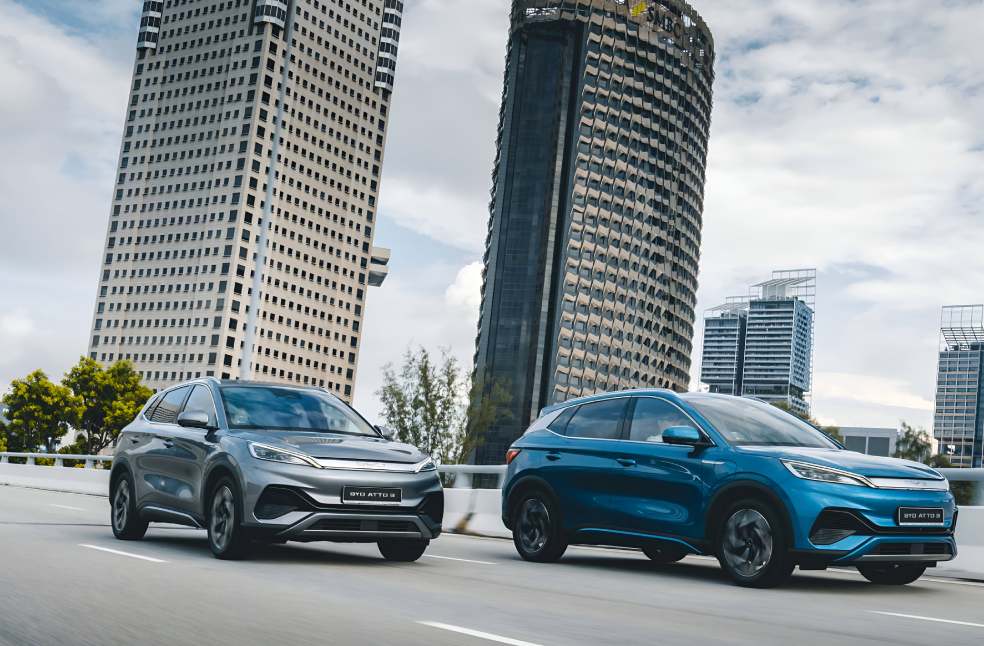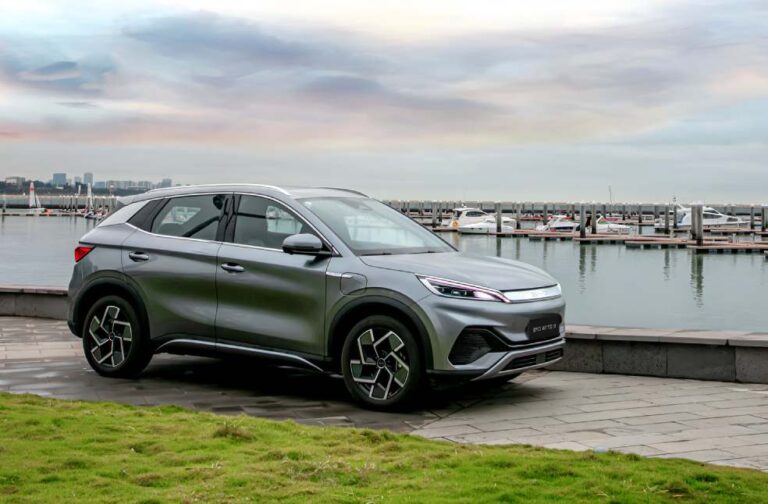China: Chinese electric vehicle (EV) giant BYD has ended 2024 on a high note, selling 207,734 EVs in December and boosting its annual EV sales to 1.76 million units. The surge, driven by subsidies and discounts, positions BYD as Tesla’s closest competitor in the race to evolve into the world’s top-selling EV maker.
Tesla is set to release its quarterly sales data later, following a narrow lead in the previous quarter. However, BYD has been closing the gap, fueled by growing domestic demand and aggressive pricing strategies.
BYD’s total vehicle sales skyrocketed by over 41 percent in 2024, compared to the previous year. While EVs accounted for a significant portion of this growth, the company’s hybrid cars also recreated a key role. With 90 percent of its sales coming from China, BYD has broadened its lead over foreign competitors like Volkswagen and Toyota. Government incentives and intense market competition have additionally boosted sales, enabling Chinese consumers to switch to EVs and fuel-efficient alternatives.
In the third quarter of 2024, BYD reported record revenues of over 200 billion yuan ($28.2 billion), surpassing Tesla’s $25.2 billion for the first time. However, Tesla still marketed more EVs globally during the same period.
BYD’s rise comes as legacy automakers struggle in Western markets. Honda and Nissan recently approved merger talks, aiming to counter the growing dominance of Chinese EV brands. Meanwhile, Volkswagen averted plant closures in Germany through a deal with the IG Metall trade union. The agreement avoids direct redundancies but highlights the challenges faced by Europe’s car manufacturing sector.
Elsewhere, Stellantis CEO Carlos Tavares suddenly resigned in December, just two months after the company issued a profit warning. Stellantis, which owns brands like Jeep, Peugeot, and Chrysler, faces mounting pressures with a shifting global automotive landscape.
While BYD has made strides in emerging markets, its expansion into Western countries has been met with resistance. The European Union imposed tariffs of up to 45.3 percent on Chinese-made EVs in October, and the U.S. followed suit with a 100 percent duty. President-elect Donald Trump is expected to raise additional tariffs on Chinese imports.

In Brazil, BYD’s largest overseas market, the company faced setbacks last month when local authorities halted the construction of a factory due to labour violations. BYD has since severed ties with the contractor involved and reaffirmed its commitment to compliance with Brazilian laws.
Despite these hurdles, BYD remains concentrated on strengthening its global presence. With its domestic market thriving and revenues climbing, the Shenzhen-based automaker is well-positioned to challenge Tesla’s dominance in 2025. As the global EV landscape evolves, the competition between these two giants will likely intensify.



